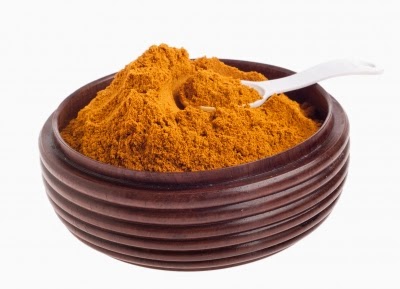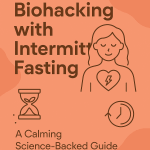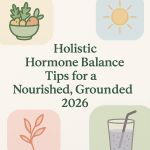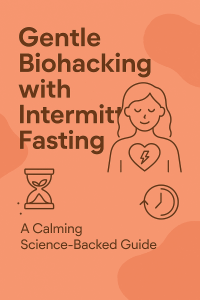 |
| Arthur84, freedigitalphotos.net |
Many South Indian women apply turmeric paste onto their face, neck and hands. They believe that it makes their skin beautiful. They look as if they have just stepped out from some yellow planet. Scientists are throwing light on the fact that turmeric has hidden health benefits which are waiting to be unearthed.
Curcumin
Turmeric, the highly favored Asian spice contains the anti-inflammatory molecule curcumin. It slows down mesothelioma- cancer of the lining of the lungs, which is linked to asbestos, a recent research study has found.
Dr. William Lavalley writes curcumin is a safe and natural herb, which could work for nearly every type of cancer. Renowned medical professionals like Dr. Mercolasays that
1. Curcumin inhibits spreading of tumor cells.
2. Prevents normal cells from turning into tumor cells
3. Helps in the destruction of mutated cancer cells
4. Prevents spreading of cancer cells
5. Decreases inflammation
6. Fights against additional blood supply necessary for cancer cell growth.
7. Fights against synthesis of protein which aids in tumor formation.
Alzheimer free Indian villagers
Population studies have shown that many old people living in Indian villages have the lowest rate of Alzheimer’s disease in the world. Scientists link this up to the anti-inflammatory properties of turmeric.
I cannot wait to share with you the latest news about turmeric. The aromatic bioactive compound tumerone found in turmeric promotes rapid reproduction and differentiation of stem cells. And scientists say that this compound could help to treat neurological disorders such as stroke and Alzheimer’s disease
You know what? Indians add turmeric to almost every meal, and I add it even to milk and pasta. Turmeric also works wonders in the treatment of osteoarthritis.
It would be in your best interest that you add turmeric to your daily diet. I have attached a YouTube video about turmeric tea. Watch it and make sure you drink it for your own wellness sake.
Take care,
Swarnam
Take care,
Swarnam
Swarnam













